Sickle Cell and Denial
My name is Audrey Mukoro, a 35-year- old sickle cell warrior, a single mom, genetic counsellor and founder and executive director of Audrey Sickle Cell Foundation. I am a proud warrior. Years ago, it wouldn’t have been easy to admit that I am living with sickle cell disorder; societal pressures and labels made me live in constant fear and denial of who I really am. Growing up, I was diagnosed with sickle cell at age three. I faced lots of challenges, rejections and inner soul-searching.
While in secondary school, I was restricted from engaging in various activities. I was given what many call “special treatment” or “special privileges” and this stirred up malicious arguments and bickerings. These special treatments had its negative and positive sides —I enjoyed the attention even though I couldn’t make out why I was the only one being treated in that manner. On the flip side, this special treatments brewed dissensions among my classmates who in a bid to voice out their displeasure took to body shaming and bullying me.
An incident that stands out is one that happened between myself and a boy a bit older than I am; about nine years. On this day, the air was humid in class and there were several children cheering him on as he yelled and challenged me to a fight; stating I’m always weak and helpless on my own. It was an unexpected attack, I lost my tooth in the process. When it was time for the tooth to grow back, it wouldn’t grow as expected; it grew out of proportion, much bigger than the rest of the teeth. One of the challenges faced by sickle cell warriors (protruding mouth).
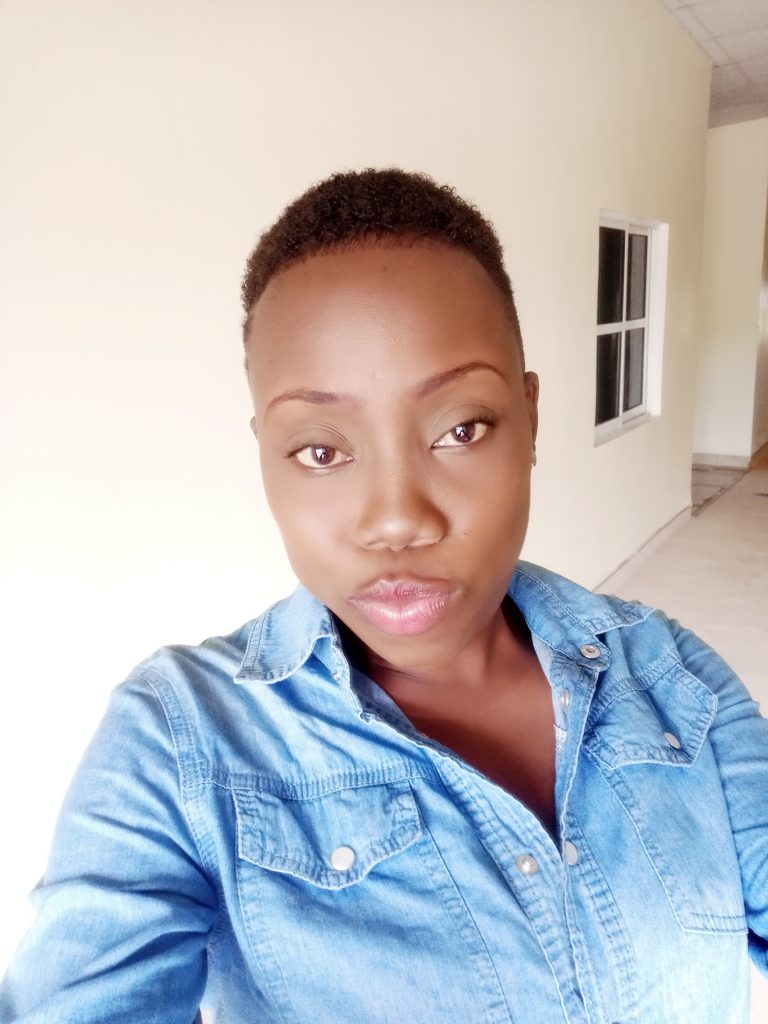
Another event occurred when a boy in my class kept taunting me and bragging that he would beat me to death. Other spectators in class were booing and jeering that I couldn’t do anything. Their jeers got to me and triggered a fighting reaction within me. I was able to beat him up, to my own amazement. Some classmates were now scared that despite my being quiet and appearing weak, I could stand up for myself.
The stigmatisation was not only peculiar to school setting. I was bullied in church too which isn’t supposed to be the case. A church should be a representation of the opposite but the reverse was the case. I had people pointing at me, side talks, stigma etc it was no different from the school or market place.
I would often hear statements being made about me along the lines; “Don’t go close to that girl”, “don’t even talk to her before you have an argument and push her, she’ll die.” So it got to me and I started forming my cocoon. I was tired of being people-dependent. I did that while attending a public school, as difficult as it was because in public schools, you can’t get so close to a teacher. I was fed up!
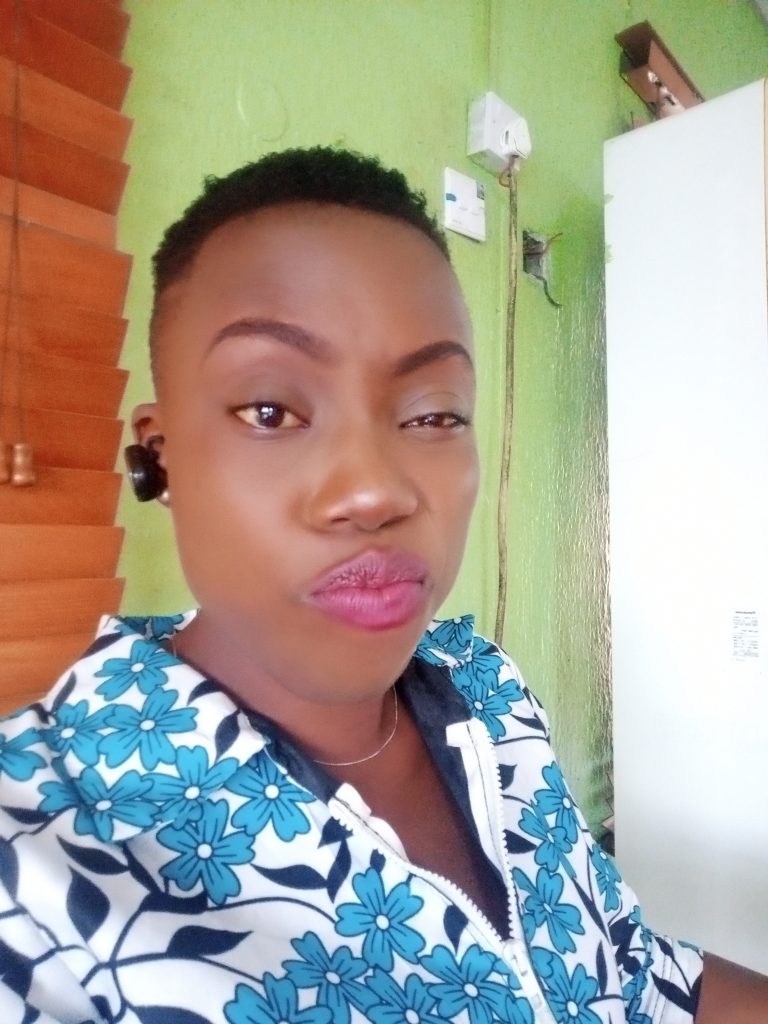
When I gained admission into the university, I still lived in self-denial, enshrouded by the waging tongues and cutting eyes of society.
Standing with folded arms in a queue to be screened for admission, having given my documents to the screening officer, he looked at me and the first statement he made was, “Are you sure you’ll be able to study Theatre Arts? You look fragile, I could put you in Mass Communication Department.” “I will, I really want to study this sir,” I replied.
His question though startling as it, wasn’t strange to me. It’s one that I’ve heard in different tones, pitches and by from many. My extended family; aunts for instance were against the idea of studying Theatre Arts in the university when they got to know I had been given admission into the department. They unanimously agreed that I should reject the admission but I bluntly refused rather I saw it as a push to do what people generally thought I wouldn’t be able do.
While in the university, I hid my identity the best I could, opening up only to persons who had a clue of what I was living with or to a few persons I was comfortable around. As regards others I simply denied when asked or changed the topic of discourse. Rumours went round in school because of the vocalisations of some lecturers, students and classmates after days of being absent from school. As such, when they met me, I would be asked “you have started again, you have been absent for days now.”
A turning point came after lots of failed relationship, most times the relationships I was in, did not last for long, a few days or at best two weeks, once I revealed that I am living with sickle cell disorder. I met this dude who was tall, a bit sturdy and had well shaven mane. He was cute in all dimensions and had a fair knowledge about my reality. He was the 2nd person who after I had opened up to encouraged me to be more vocal about my condition. He gave me the confidence that he was going to stay, but sadly things didn’t work out and we had to go our separate ways.
That confidence and assurance, coupled with what my father kept telling me; “embrace yourself, you should start a foundation to encourage person’s like you to speak out.” Running with these, I started Audrey Sickle Cell Foundation in Delta State. It’s been two years of lending my voice in creating awareness, giving assurance and moral stamina to other warriors, giving welfare packages, debunking myths surrounding sickle cell disorder but above all, living my dreams.
My story may not be peculiar, however, I believe that there are several others who have lived for long in denial like I did. I hope my story inspires you to rise above self-pity, self-judgement, tongue wrangling and the social mirror in which society looks at those living with sickle cell. Life is designed for the strong. Fret not fellow warriors. There’s a good news everyone, yes, you reading this, you are strong and unique in your own beautiful way.

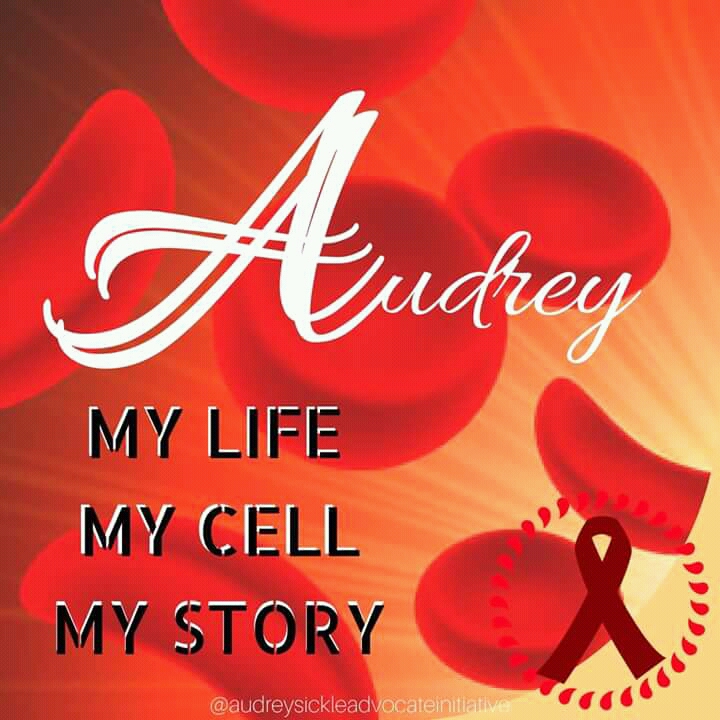
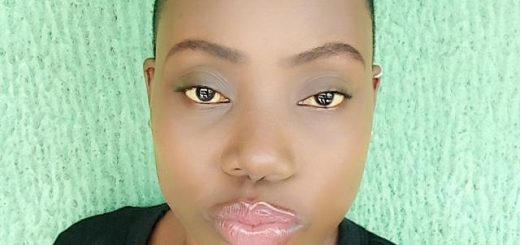
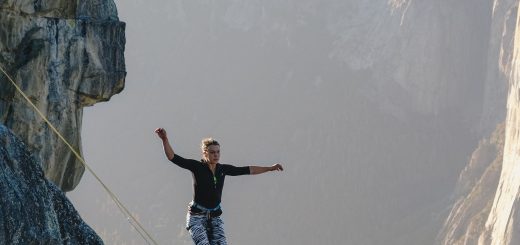
Recent Comments